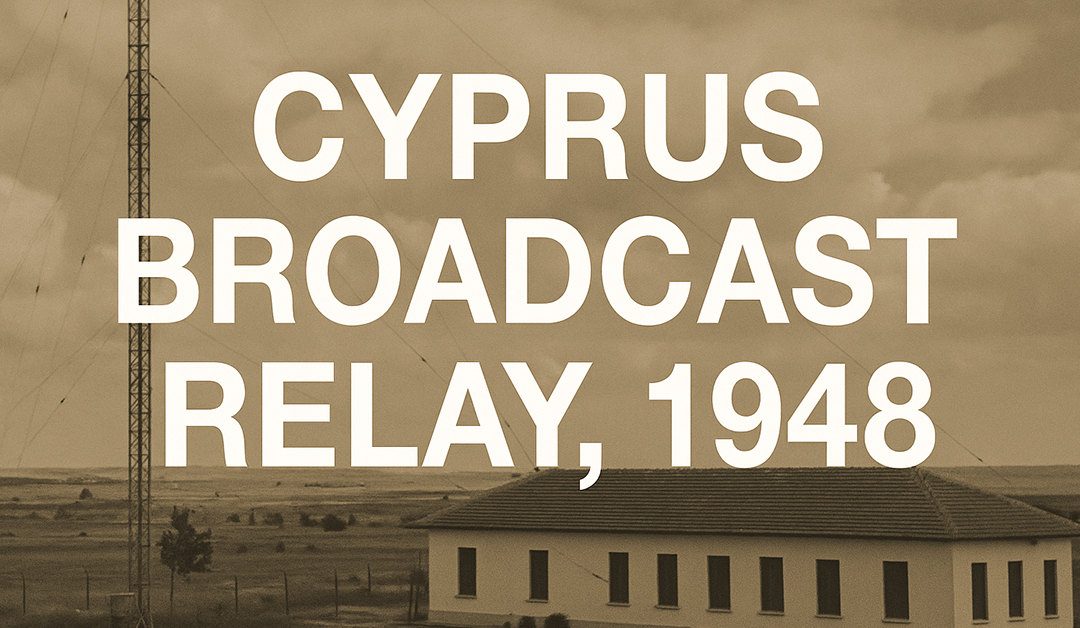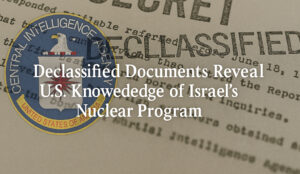A declassified document dated September 1, 1948, from the Near East Broadcasting Station in Cyprus provides a rare snapshot of early CIA monitoring efforts in the Middle East-focused on radio transmissions, propaganda narratives, and regional public sentiment.
The brief yet notable communication indicates an intelligence-gathering role played by a broadcast facility in Cyprus, acting as a channel for U.S. agencies to receive updates on geopolitical dynamics in a tense post-WWII landscape.
🛰️ Context: A Critical Year in the Middle East
1948 marked the establishment of Israel and the first Arab-Israeli war-a time of escalating conflict, territorial upheaval, and superpower positioning.
The Near East Broadcasting Station, based in British-controlled Cyprus, served as a regional information node during this volatile period.
Although sparse in content, the timing and source of this report are critical. It shows U.S. interest in monitoring how events were being communicated to Arab audiences across the region.
📻 The Cyprus Relay
The document lists a scheduled transmission:
"NEAR EAST BROADCASTING STATION – CYPRUS, WED. AFTERNOON, SEPT. 1, 1948."
This confirms that the CIA and other U.S. intelligence services were actively collecting intelligence from broadcast media in the Middle East.
While the document doesn’t elaborate on the content of the transmission, the source and timing suggest it was part of broader psychological and strategic analysis.
Such radio intelligence helped shape U.S. understanding of regional narratives, particularly in Arabic-speaking communities where public opinion could be swayed through state-controlled media.
🕵️♂️ Early Signals of Psychological Operations
The use of broadcast relay stations for intelligence suggests early psychological operations (PSYOP) strategy, later formalized during the Cold War.
The U.S. intelligence community increasingly relied on radio signals to track propaganda, morale, and civil sentiment-especially in contested regions like the Levant.
This document stands as a small but significant example of early signals intelligence (SIGINT) focused on foreign broadcast content rather than encrypted communications.






